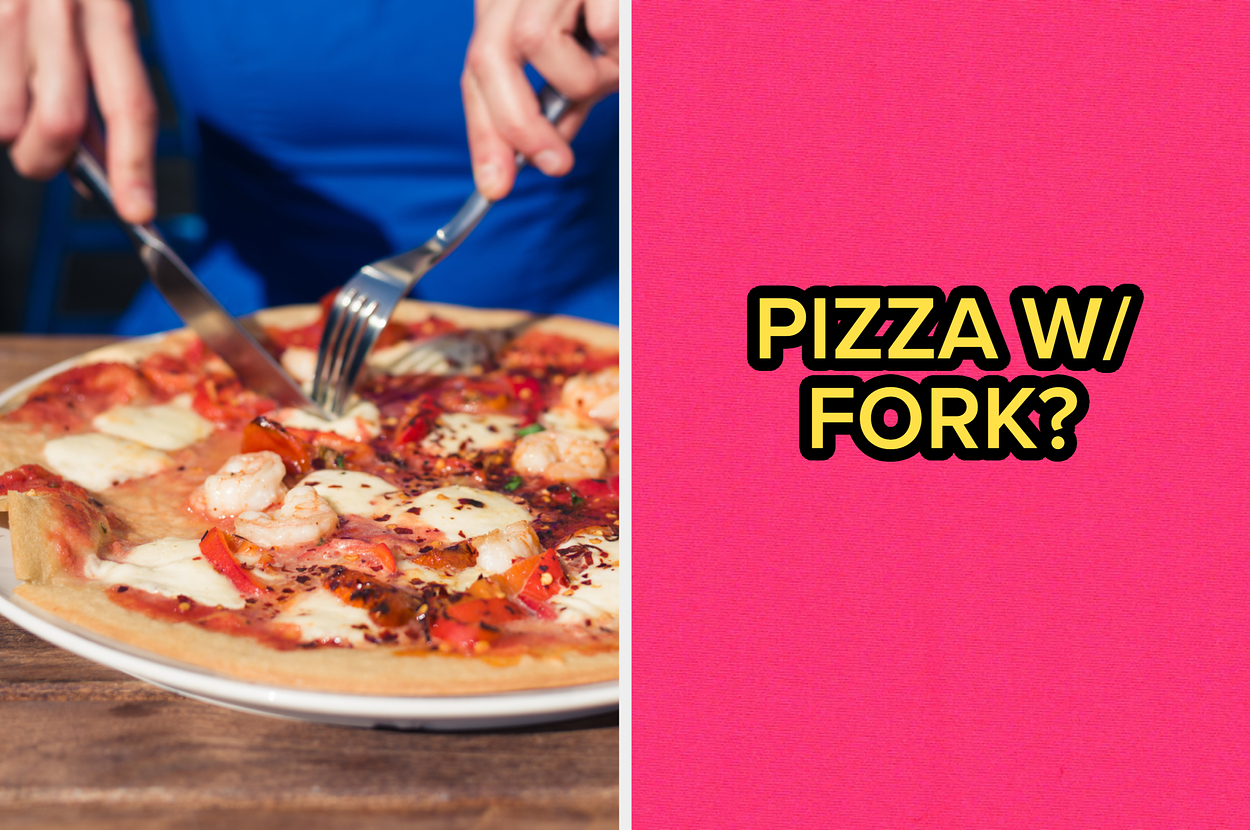
The 90's called — they're bringing all their trends back! Yep, that's right — fashion trends like channeling your inner Cher Horowitz by wearing plaid from head to toe, shoes that look and feel like tires (a.k.a Doc Martins), and bucket hats that give Mary Kate and Ashley vibes.
The flip phone is making a comeback, Charlie Puth alone is basically a four member boy band and as for the food scene, while social media is being taken over with recipes for DIY pop tarts, toaster strudels and hot pockets. But one food trend of the 90's we thankfully don't have to worry about making a resurgence is the fat-free craze or in other words, when Olestra took over the nation and confined its victims to the four walls of their bathroom. If you didn't grow up as a 90's kid, it was a time when advanced nutrition research was still in its infancy and early studies on dietary fat intake mistakenly linked all fat as the leading cause of increased cholesterol levels and risk of heart disease.

These studies were widely publicized, sparking everyone to avoid eating any and all fat. Enter Olestra — or otherwise known as it's rebranded hero name, Olean! Olestra was a food additive that replaced the fat content within processed foods, while still mimicking the same flavor and texture that fat provides, but without any of the calories. It eventually needed FDA approval for causing major gastrointestinal ailments for those who consumed the products containing it and what was supposed to become a $2 million diet breakthrough instead ended up becoming some of the most unforgettable comedic material.
Nobody touched olestra after this...
This stuff was put in everything imaginable that contained fat– chips, dairy products, salad dressing and even . It wasn't long until after the public lined their pantries with fat-free products like Lay's WOW chips that people started reporting experiencing severe gastrointestinal discomfort — thank us for sparing you of the details here. Soon after, Olestra-containing products had to be provided with a warning label, disclaiming the potential side effects "may cause abdominal cramping and loose stools.
" This would be what spurred all corners of comedy television to poke fun of the instance with one popular comedy sketch of actors pretending to binge from an enormous can labeled "Olestra Fat-Free Substitute." Another sketch would be made as a fake commercial where a gallon jug marketed as "Cholestra" promised to provide its consumers with only 10% "anal leakage." Comedian and late night Show host, Jay Leno, then made a fake Olestra commercial where he held a bag of Doritos and quoted the aforementioned fake Olestra commercial with their "anal leakage" line.
It was this catch phrase that would ultimately ruin Olestra's reputation and eventually put the food additive to rest for good — and thank goodness. Although Olestra never became banned in the U.S like it did in Canada, it's safe to say society has moved on from that diet fad especially since modern nutrition research frequently encourages the consumption of certain types of fat for beneficial health outcomes and therefore instead of fearing the vital nutrient, we're all fantasizing about planting avocado trees in our back yard or .
Recommended.















